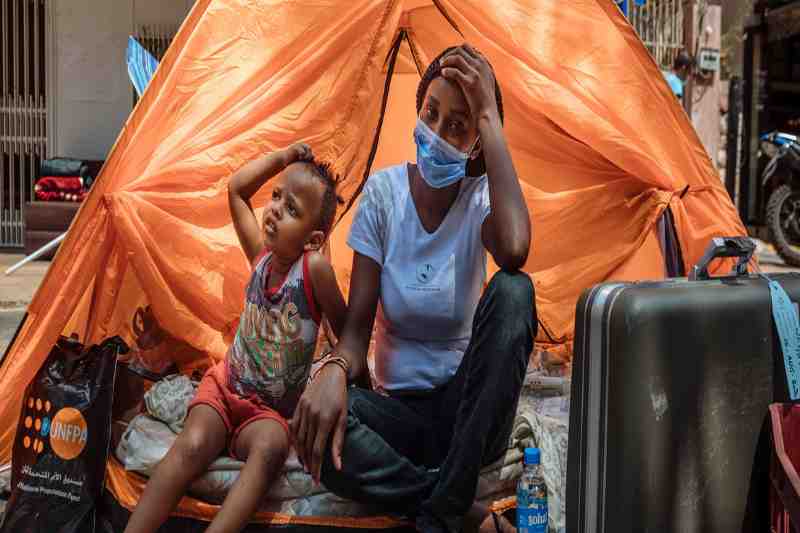

austria’s women migrant care workers
Amnesty International revealed in new research that the condition of the women migrant care workers in Austria is in a bad state. According to the research data, women migrant workers facing immense discrimination paid poorly, and have to work for long hours, pushing many workers to their limits.
In Eastern and Central Europe, many women that work as live-in care workers for older people have told Amnesty that poor wages, absence of no sick pay or leave, and lack of breaks in everyday work were a reality even before the pandemic. The outbreak of the covid-19 pandemic had worsened their situation.
More than 25 percent of Austria’s population will be over 65 years by the year 2040, which will require more caretaking workers in the nation. This will include informal family care workers, health care workers, and live-in care workers for older people. However, the crucial job of live-in care workers isn’t appreciated monetarily, socially, or politically.
Female migrant workers don’t have compensation or financial security amid the pandemic. Amnesty approached the Austrian government to address women’s human rights obligations and assurance on safe and fair working conditions for all live-in care workers.
Migrant female workers are often paid below the minimum salary. While Live-in care workers in Austria usually alternate working rotas of few weeks,while numerous returns to their nations for rest periods. However, the COVID-19 limitations on global travel during the pandemic have impacted these workers largely.
Migrant care workers had to work for extended periods, regularly and round the clock amid the pandemic surge. Generally, live-in care workers are not secured against illnesses, are not compensated for working extra hours. These conditions have prompted numerous workers to experience stress and exhaustion.
Moreover, the placement agencies playing the middlemen between the workers and the clients often practice exploitation. They play an important part in choosing tasks and compensation with no opportunity for laborers to negotiate their responsibilities or even pay.
The situation of female live-in care workers in Austria is a fitting illustration of how uncertain work has a bad impact on such migrant workers. Only employed care workers get working hours protection, minimum wage, and sick pay. None of these basic rights are ensured for 98% of live-in care employees.
Unilever has given the thumbs up to the layoffs of 6,000 jobs around the world as part of its restructuring…
This shocking accusation has surfaced in a new lawsuit against the coffee giant Starbucks. A labor rights group called International…
One of the leading companies, Elkay Plumbing Products who is known for manufacturing faucets, bottle filling stations, drinking foundations and…
The Martz Gold Line workers in Maryland marched out one early Thursday morning for the strike. They made their point…
Under a new partnership Ghana and the World Bank work to develop a Growth and Jobs Strategy that opens up…
Google has made remote work limits stricter by telling its workers that office work is required or they could risk…
This website uses cookies.
Read More